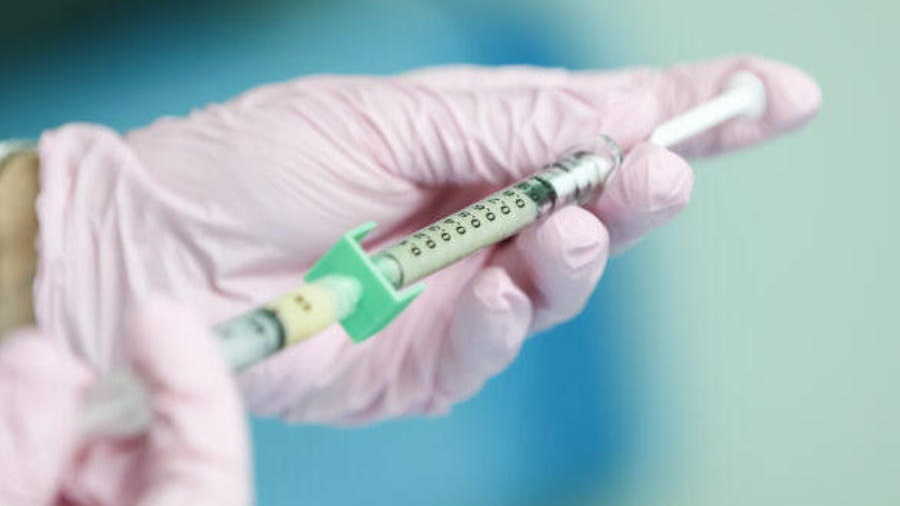European scientists, health activists and health officers are launching an initiative to advocate for the development of public capacities for the research and development (R&D), production and distribution of medical products in the region. Fabrizio Barca and Massimo Florio from the Forum Disuguaglianze e Diversità (Forum on Inequalities and Diversity), the Italian platform spearheading the initiative, said in a recent article that their aim is to build an alternative to the current situation, dominated by the interests of big pharmaceutical companies.
Vittorio Agnoletto from No Profit on Pandemic initiative points out that building a public pharmaceutical company is one of the best chances for the European Union to put public health first. “Among the many advantages of such a company is lower prices of drugs and other medical products, and an increased focus on neglected diseases which disproportionately hit the poor. The for-profit producers are, therefore, not interested in working on them,” he commented.
A publicly-owned and publicly-driven pharmaceutical company would also make it possible to focus R&D of medical products on effects that are most desirable from a public health point of view. In the current, for-profit dominated context, it is the industry that sets the endpoints of its R&D process.
“For example, when Pfizer and Moderna wanted to get their COVID-19 vaccines approved, they did not so much study the ability of their vaccines to block the transmission of the coronavirus, but rather chose to study only the ability of the vaccines to block the evolution of the infection towards full-blown disease. This way, they saved time and money, and presented very high percentages of effectiveness. A public structure would have acted differently, it would have studied from the very beginning the ability of the vaccine to block the transmission of the infection,” says Vittorio Agnoletto.
The ability to somewhat control the transmission of COVID-19 could have safeguarded the health and lives of tens of thousands of people in the EU, and millions around the globe. The inability to do so weighs particularly heavily on the EU members who found themselves most hit by the pandemic. Because of this, according to Nicoletta Dentico of the Society for International Development (SID), “it should not be a surprise that this initiative was hatched in Italy, the epicenter of the COVID-19 pandemic for some time in 2020.”
“High time for health to become a strategic sector in Europe”
According to Dentico, the pandemic should have been a wake-up call for European governments to address the influence of Big Pharma, especially in the field of intellectual property (IP). “The COVID-19 experience has shown the limits of the EU in dealing with an aggressive pharmaceutical sector and its penetration in the strategies of the EU pandemic response. It’s high time health became a strategic sector for Europe, as it happened for space research and nuclear research, both in the public domain. We now ask the EU to adapt the model of such public initiatives to medical innovation and production,” asks Dentico.
The initiative’s demands are rooted in a report completed at the end of 2021 and brought to consideration to the European Parliament. The report, which will once again be discussed at a meeting in Brussels on September 28, underlines that the differences between priorities of Big Pharma and public interest cannot be addressed by cosmetic changes, including government subsidies for R&D and production by private companies.
Instead, what is needed is a major overhaul of the current system, and commitment by EU governments to support. It calls for adequate funding and building of “non-profit, supranational public infrastructure,” according to Fabrizio Barca and Massimo Florio from Forum Disuguaglianze e Diversità.
Looking ahead, Dentico emphasizes the importance of keeping the connection between this initiative and other similar efforts across the world.
“The intent of the initiative is also to take stock, and channel the immense energy deriving from the TRIPS Waiver mobilization in the last two years. Not only civil society entities, but the academia and many parliamentarians in Europe have been active in promoting the suspension of IP prerogatives during the pandemic, and the liberation of science from the rigid monopolies that make it inaccessible. We’ve lost the battle at the WTO, but there’s a lot that we still need to do, not to disperse that mobilization and the political evidence it has generated,” Dentico said.
People’s Health Dispatch is a fortnightly bulletin published by the People’s Health Movement and Peoples Dispatch. For more articles and subscription to People’s Health Dispatch, click here.





